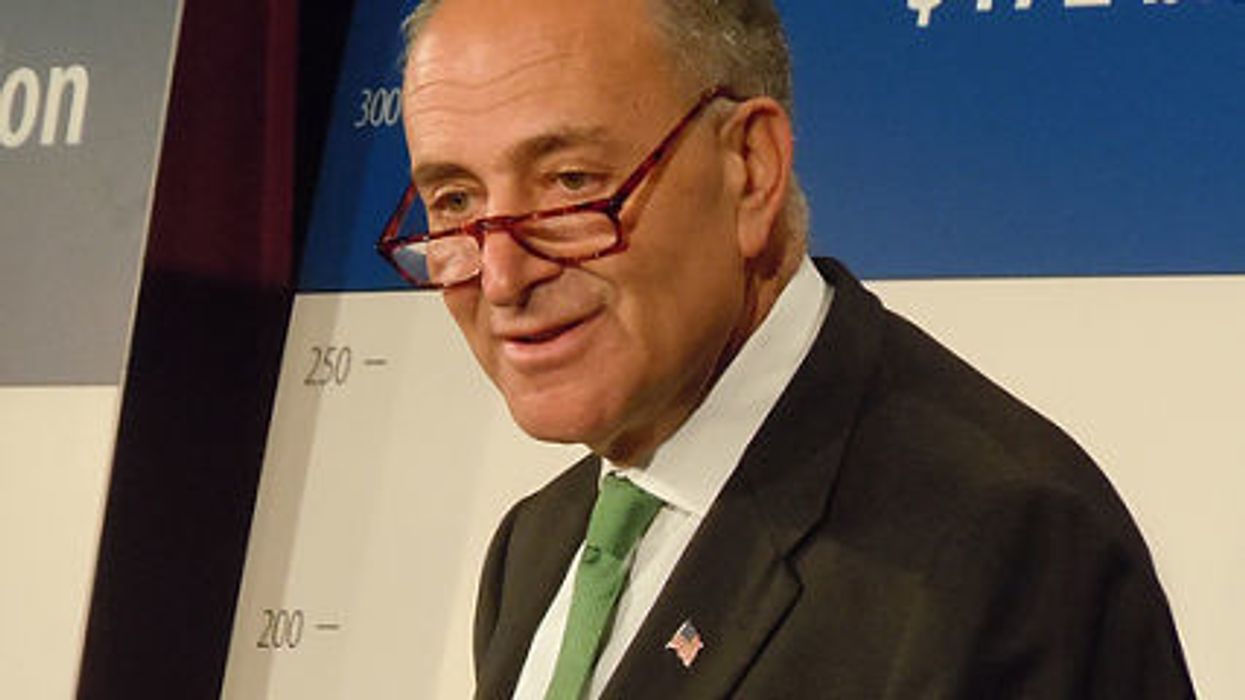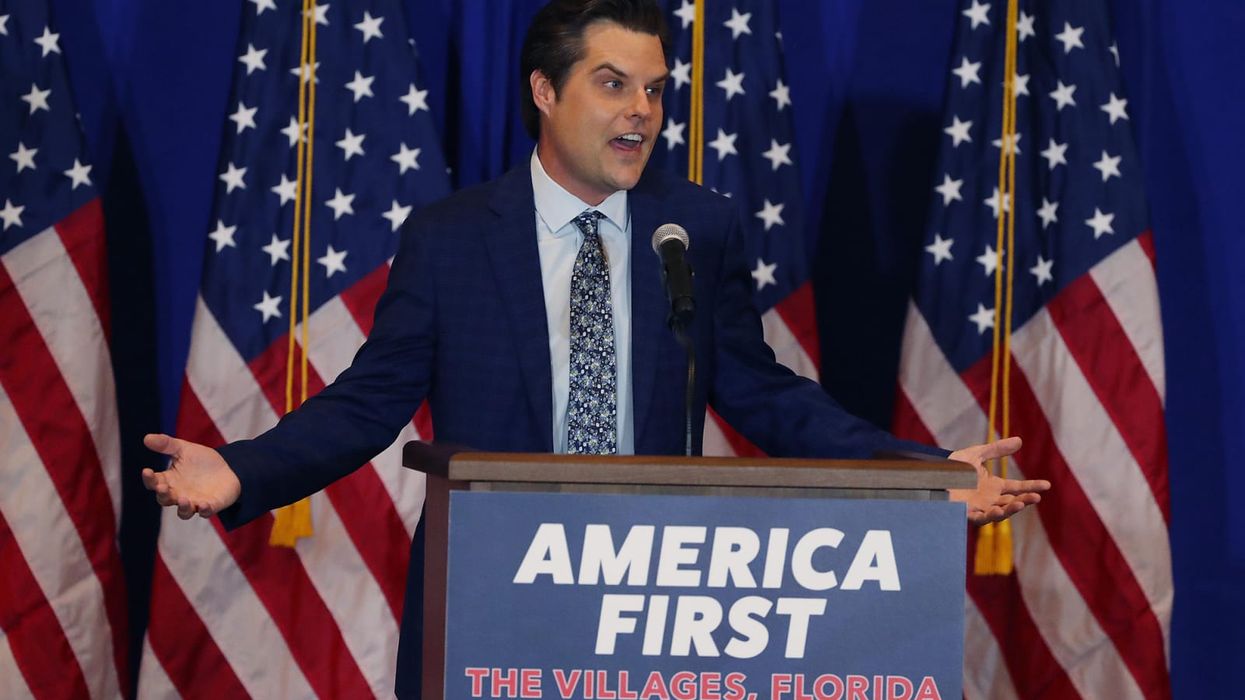Senate Democrats Poised To Reject Plutocratic GOP Budget Bill
House Democrats are calling on their colleagues in the Senate to reject the GOP-passed spending bill—and Senate Minority Leader Chuck Schumer says he’s got the votes to do just that.
“Funding the government should be a bipartisan effort, but Republicans chose a partisan path, drafting their continuing resolution without any input—any input from congressional Democrats,” Schumer said Wednesday. “Because of that, Republicans do not have the votes in the Senate to invoke cloture on the House.”
The Republican-led House caved to President Donald Trump and co-president Elon Musk Tuesday, passing a spending bill that would force $880 billion over 10 years in cuts from social safety net programs like Medicaid. The move is a naked attempt to extend GOP tax cuts for the rich at the expense of working-class Americans.
While Republicans were able to pass the bill in the House with the vote of only one Democrat, it’s a different story in the Senate, where Republicans will need Democrats to help them. And so far, they’re not getting it.
“They should refuse to allow this bill to pass in the Senate,” Rep. Pramila Jayapal of Washington, warned her Senate counterparts on Tuesday. “If they don't, I think there's going to be a huge backlash from across the country. And I think, all of them will, you know, will have to deal with the consequences of that.”
Rep. Alexandria Ocasio-Cortez (D-NY) was also clear about her feelings on the matter. “The Republicans have the White House, the Senate, and the House. If they want to do this, and if they want to screw over the American people, they can do this with their votes and their party. I do not believe that Democrats should participate.”
“Everyone needs to call their Dem Senator right now. They are starting to cave,” wrote Ocasio-Cortez on her social media account, adding that voters should “Tell them: 1. Vote NO on Cloture AND 2. Vote NO on the Republican spending bill. Don’t let them pivot to reconciliation. GOP doesn’t need Dem votes on that and they know it.”
Maybe Schumer and his fellow Senate Democrats have been getting those calls from voters—and at least for now, they seem to be listening.
Reprinted with permission from Daily Kos.












